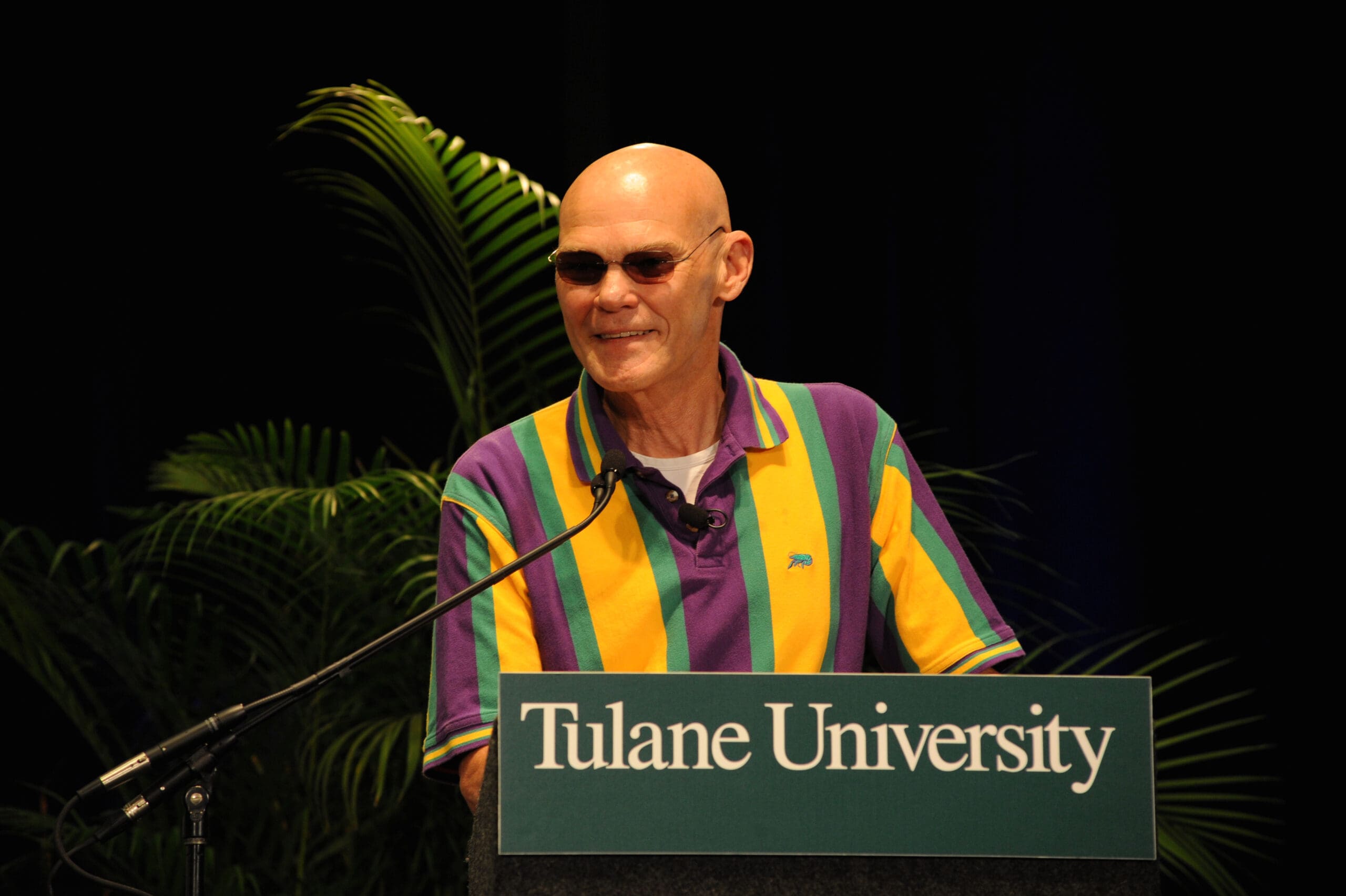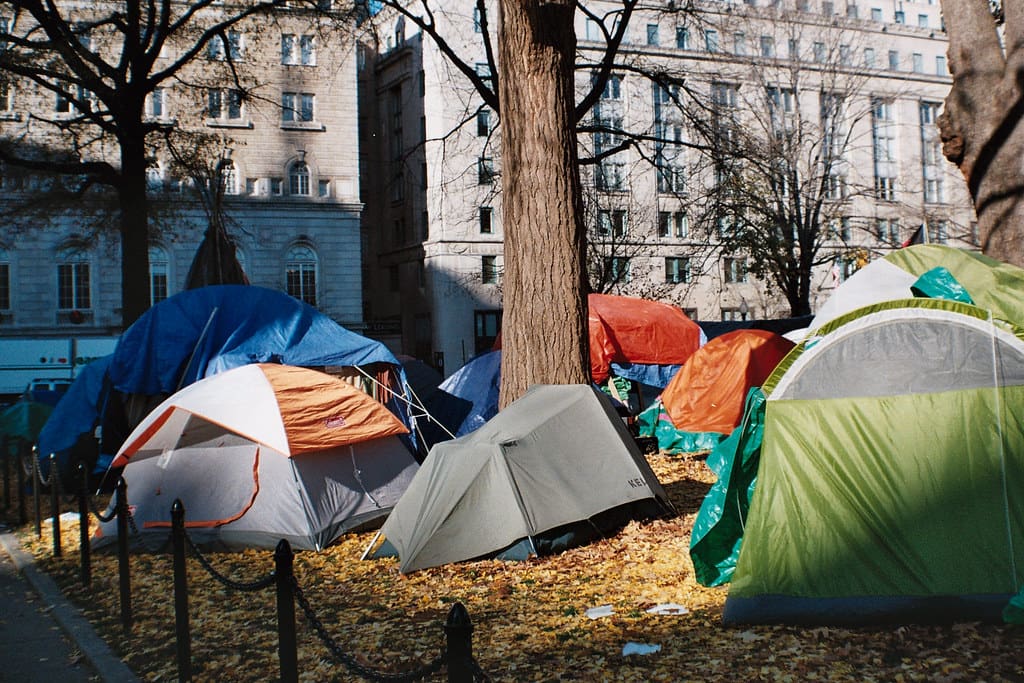Medicaid reforms are OK, and Cassidy saves Louisiana

(July 10, print edition) There is much to like and plenty to dislike about the misnamed “Big Beautiful Bill” signed into law on July 4, but the fearmongering about its provisions on Medicaid is unwarranted. Moreover, despite the doomsayers, Louisiana is especially well situated to avoid drastic repercussions.
In particular, a crucial protection for Louisiana came via language U.S. Sen. Bill Cassidy, R-Baton Rouge, was able to insert into the bill late in the process.
In general, the bill imposes new limits on something called “state-directed payments,” a method by which states draw from federal funds to pay managed care organizations for Medicaid patients. The 28-word phrase added by Cassidy “grandfathers in” requests to the federal government, already in the pipeline when the bill was signed, for reimbursements at the previous, higher-allowable rate.
Louisiana had two such requests already pending, so the state likely will be able to garner the higher federal payments until 2028.
For many weeks, people agitating against the bill had cited what already were unfounded predictions that its Medicaid cuts would cost the state $4 billion annually. That amount already exceeded even the worst-case scenarios of respected observers such as the center-left KFF group.
Now, with the Cassidy language and other late Senate adjustments such as delaying implementation of other cost-cutting measures — almost none of which, by KFF’s own account, are included in KFF’s estimates — Louisiana is likely to break even in the near term. Longer term, Louisiana will have plenty of time to prepare for the coming changes…..

The most unjust criticism of the new law, meanwhile, was aimed at its “work” requirements for Medicaid. The final version of the bill solves one semi-legitimate earlier objection by delaying implementation of the new requirements until the end of 2026. This will give states 18 months to make the new system workable, without undue red tape.
Meanwhile, the requirements themselves aren’t the least bit onerous. They apply only to able-bodied adults between ages 19 and 65, only to those with more income than the official poverty line, and only to those who aren’t caregivers, who aren’t pregnant, and who don’t have dependent children…. [The full column is here.]





